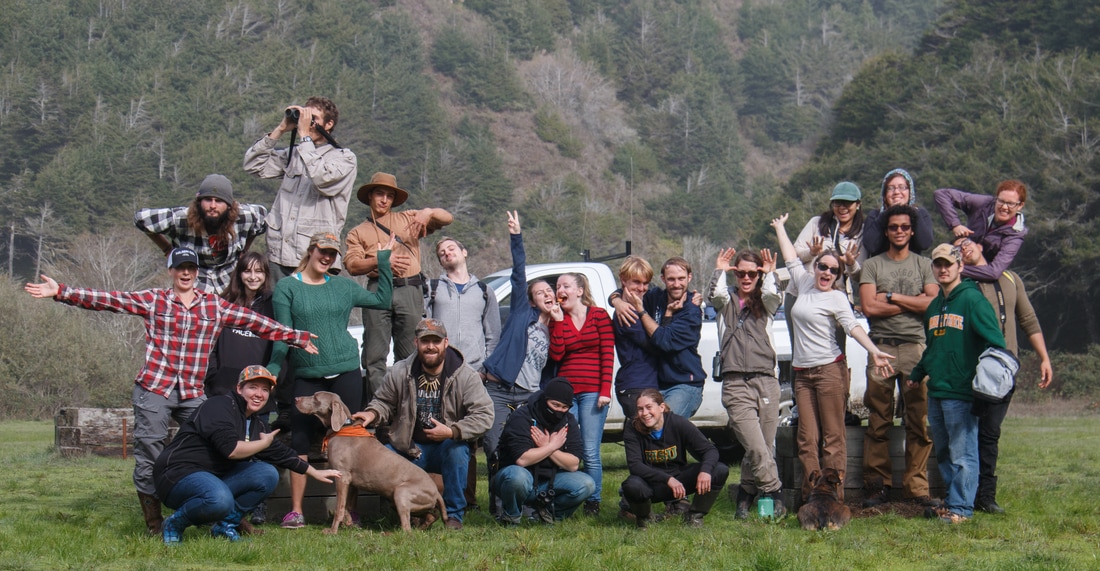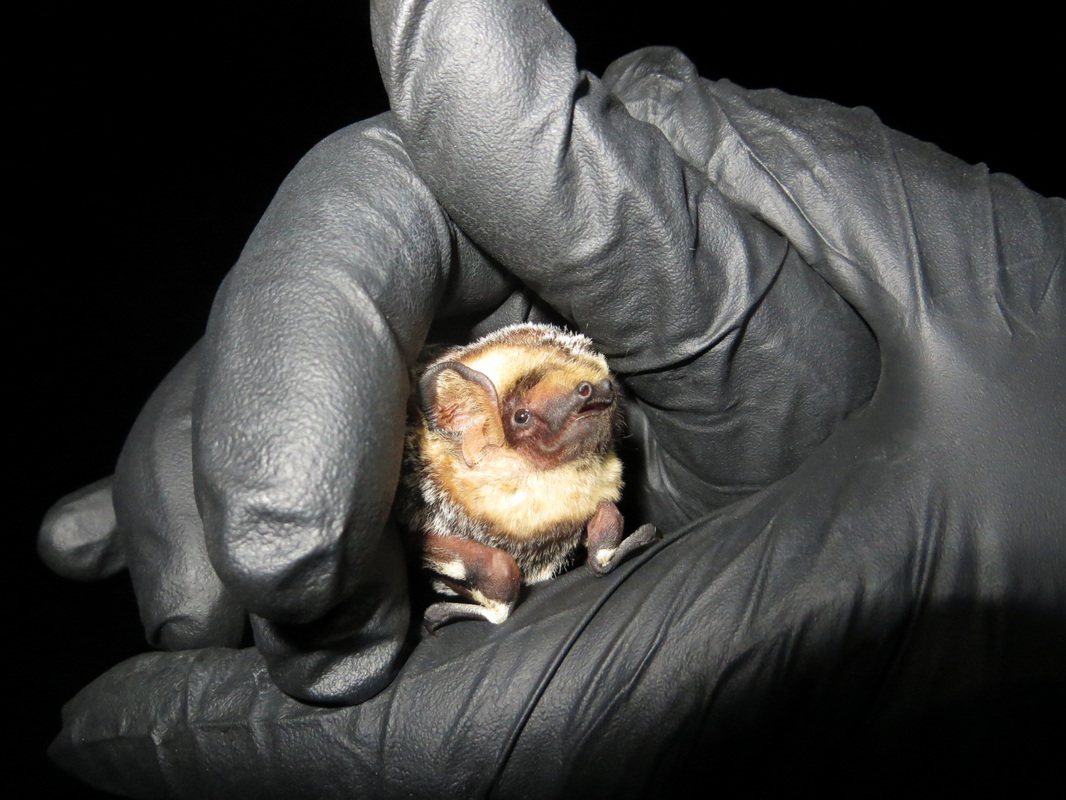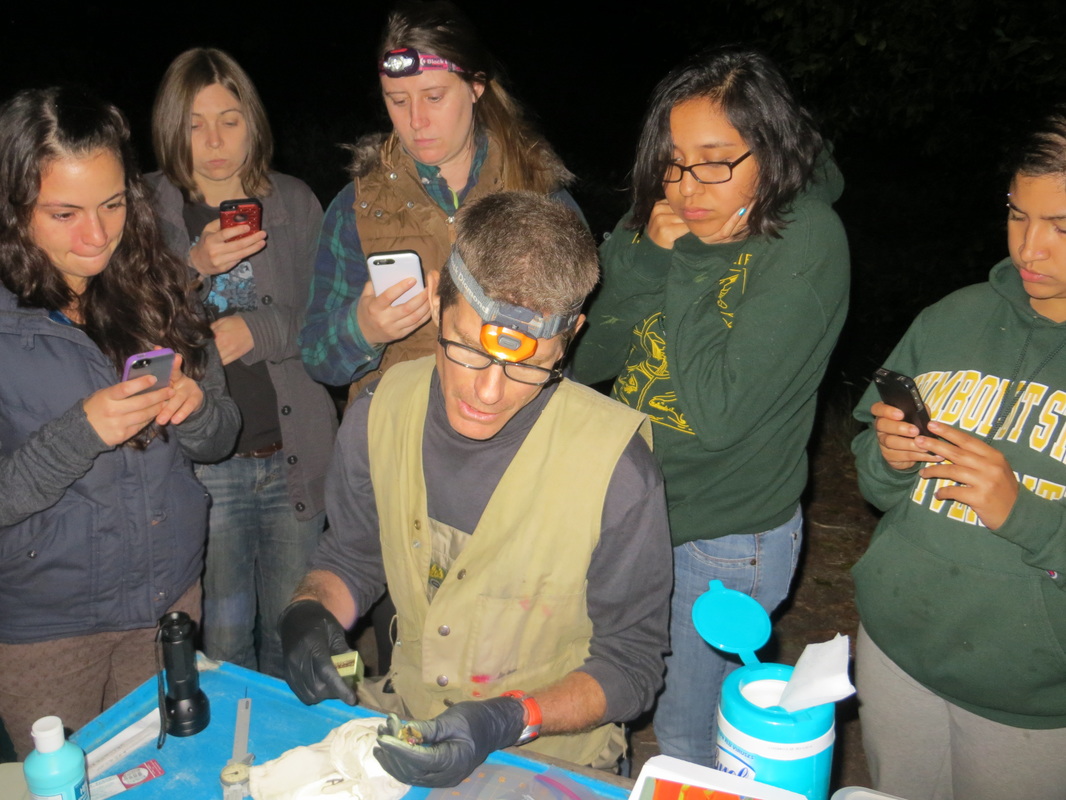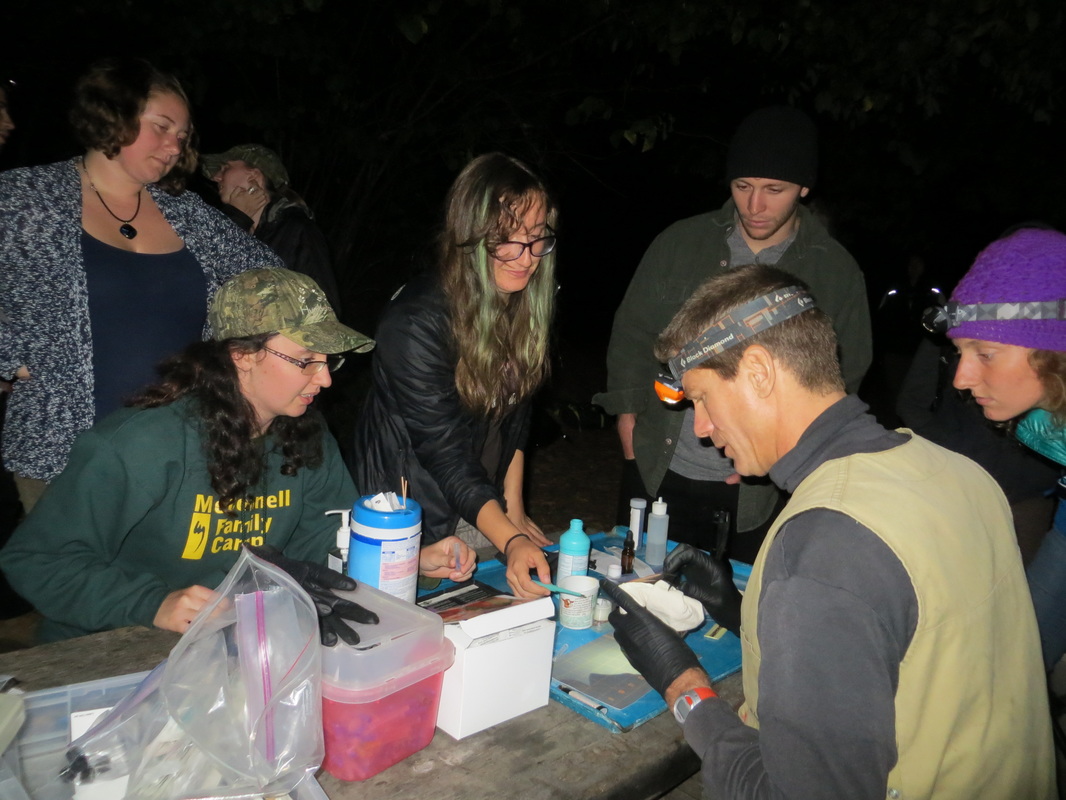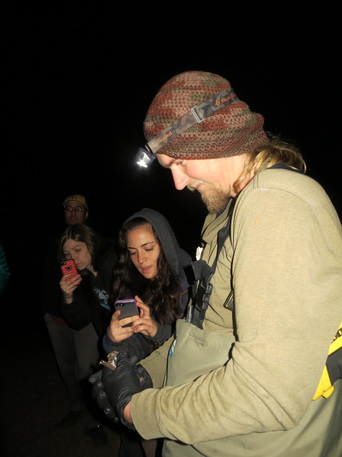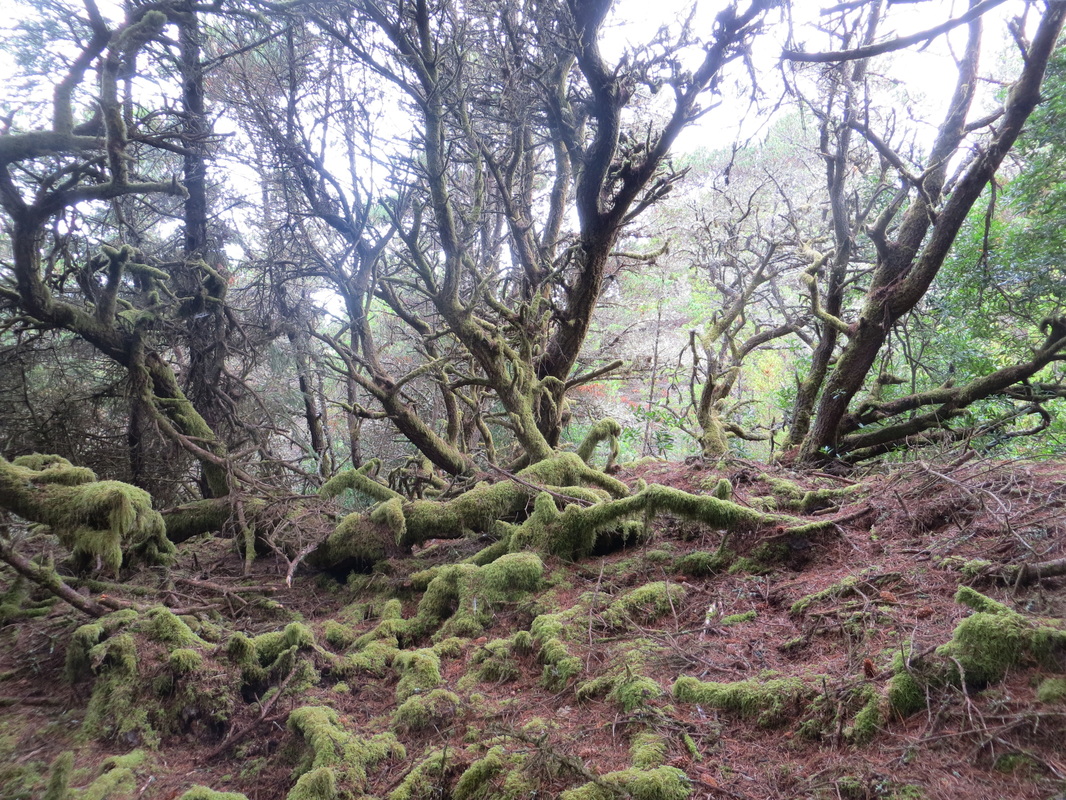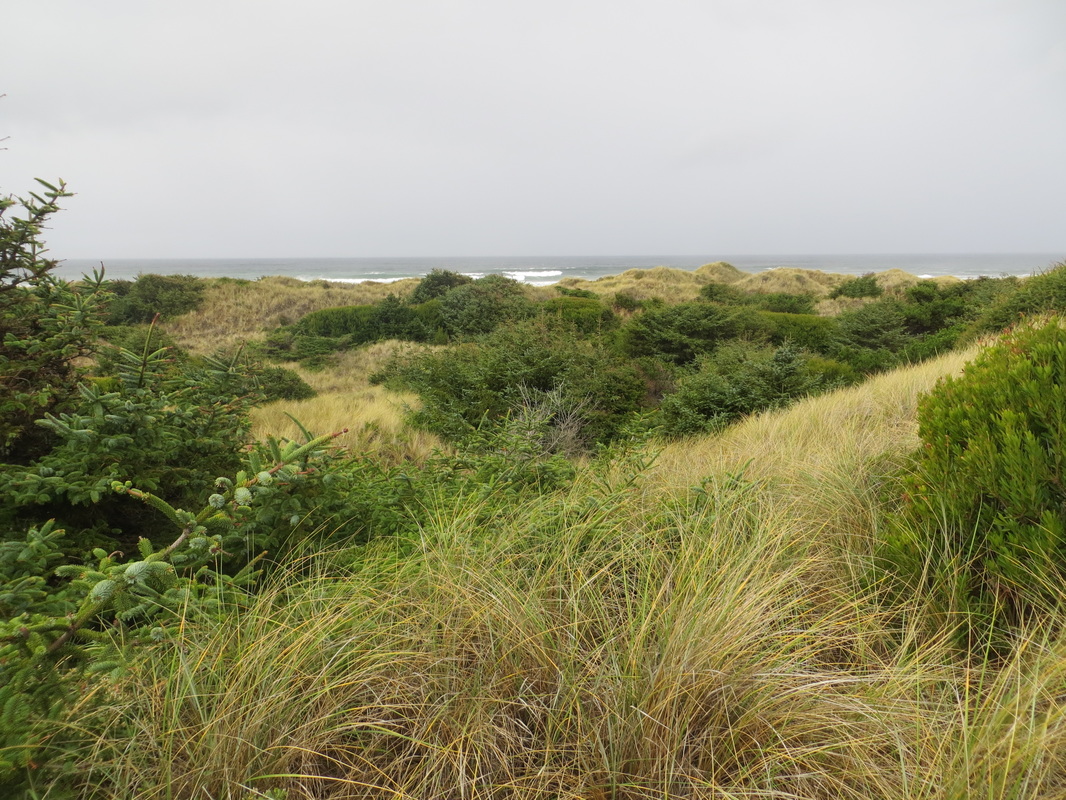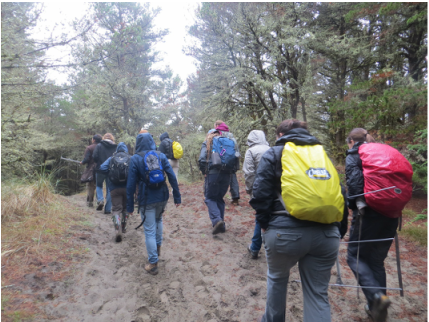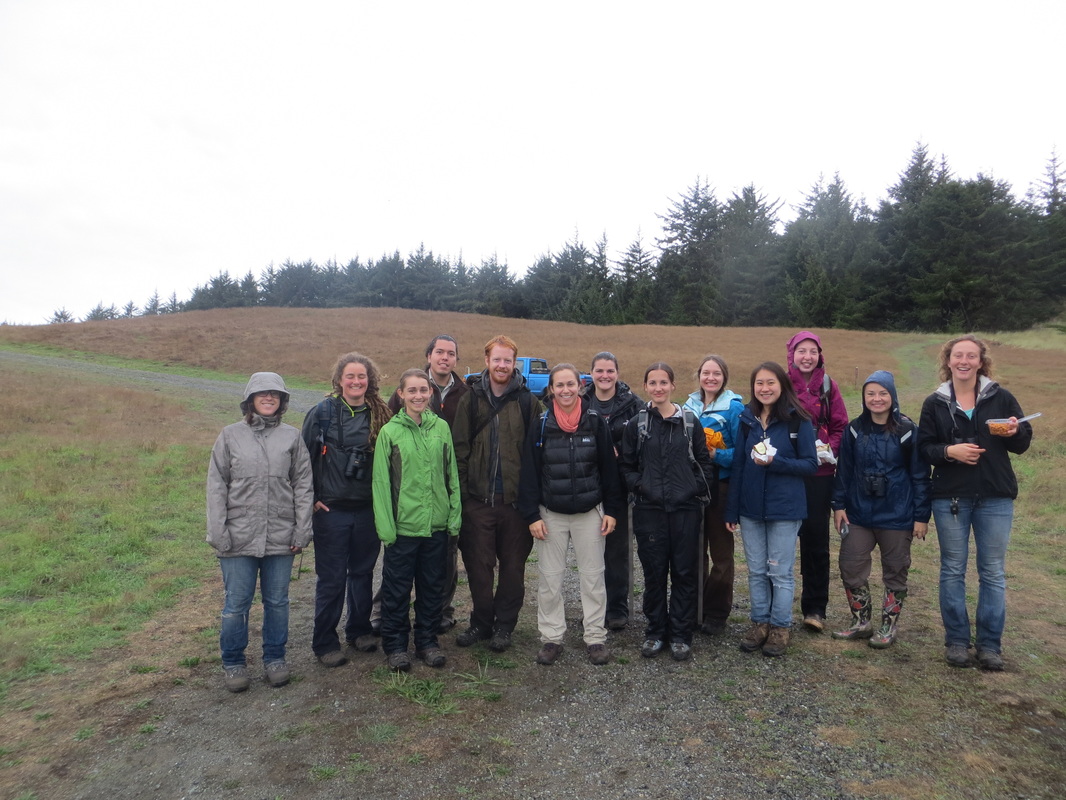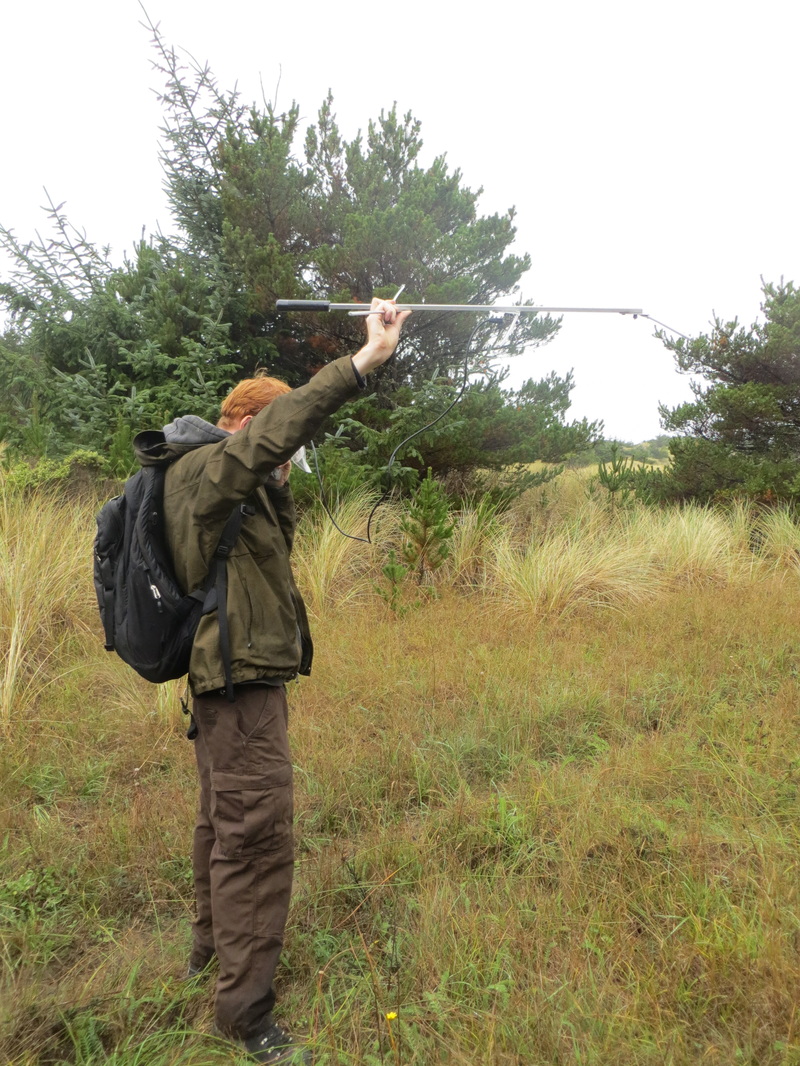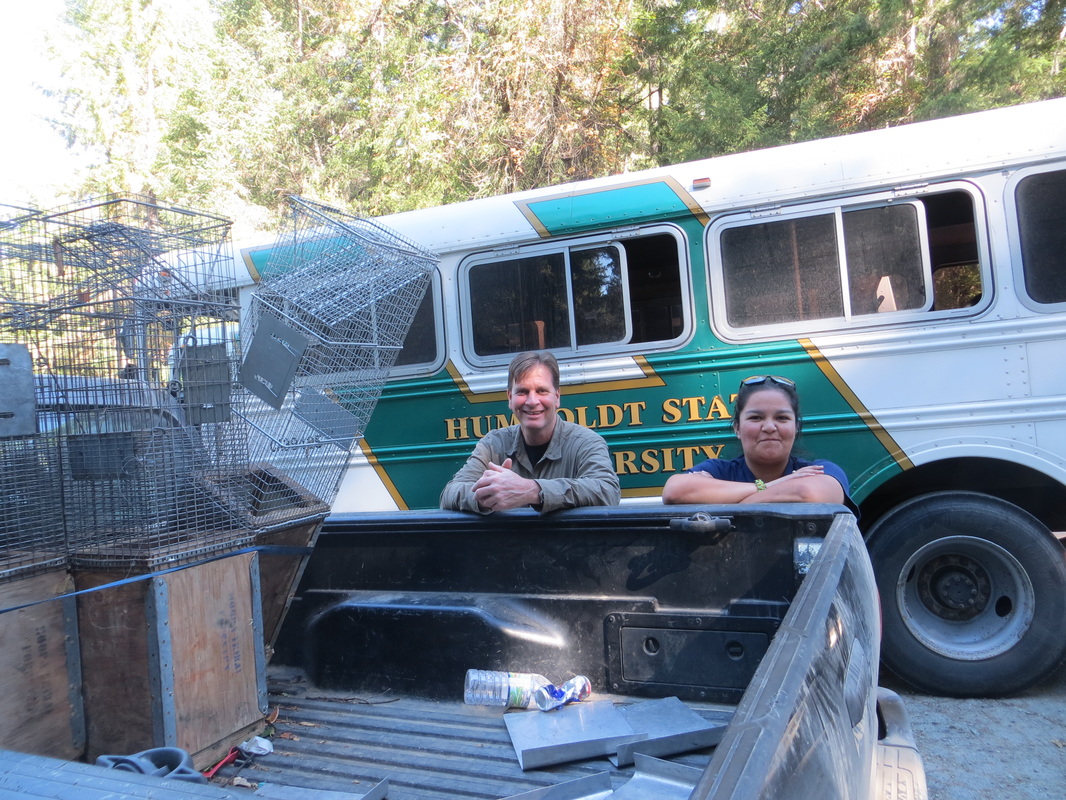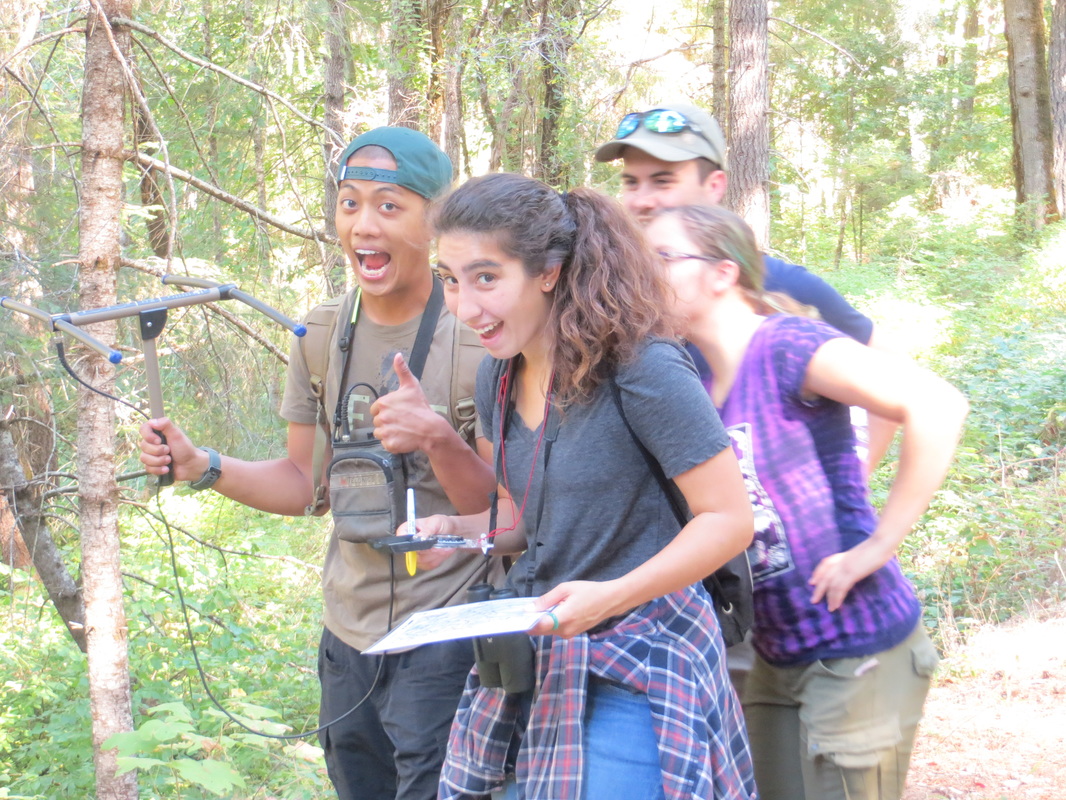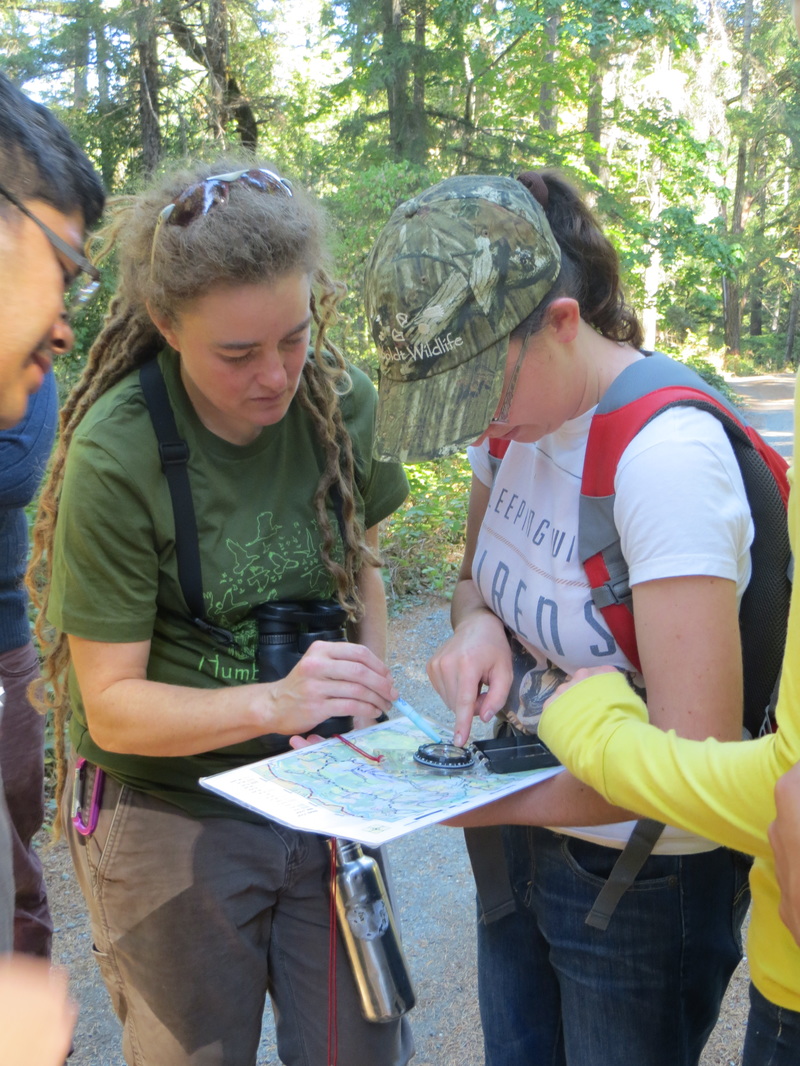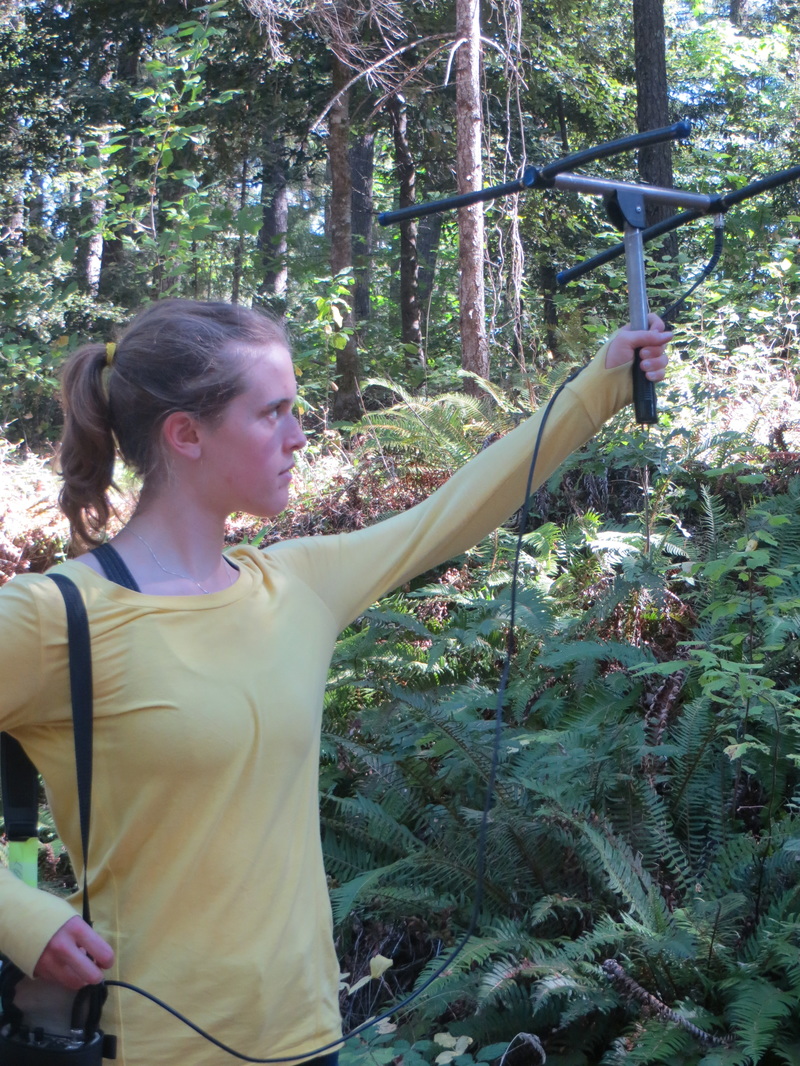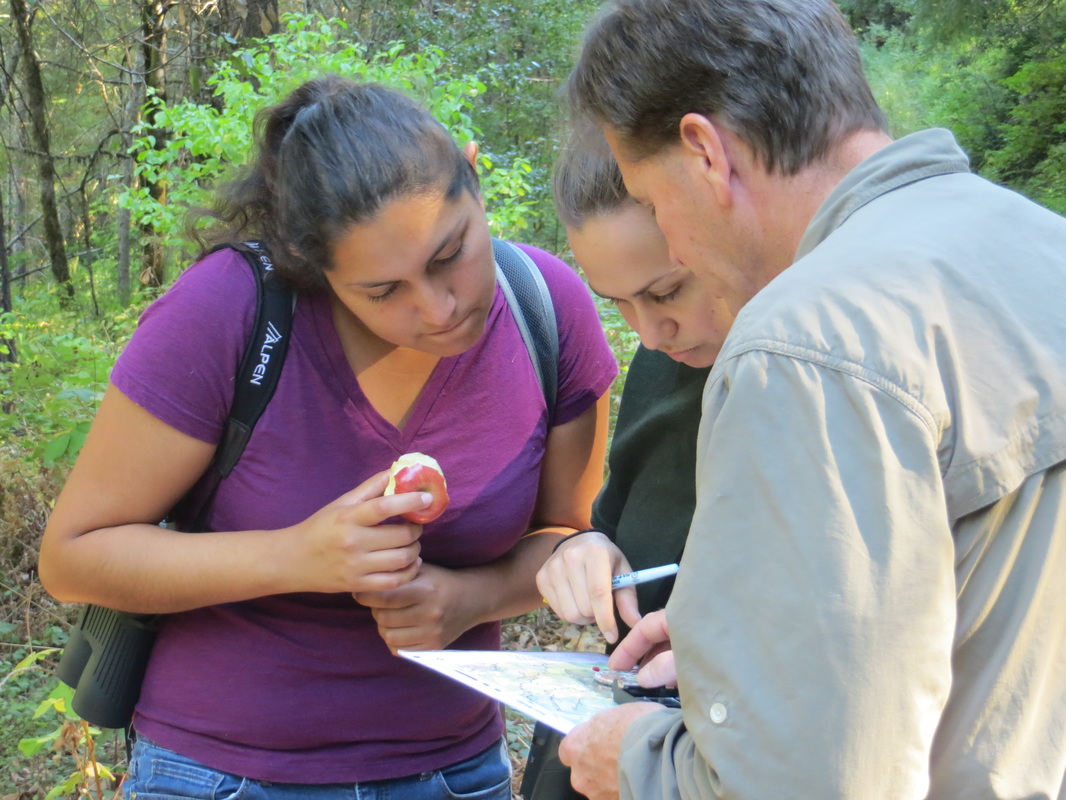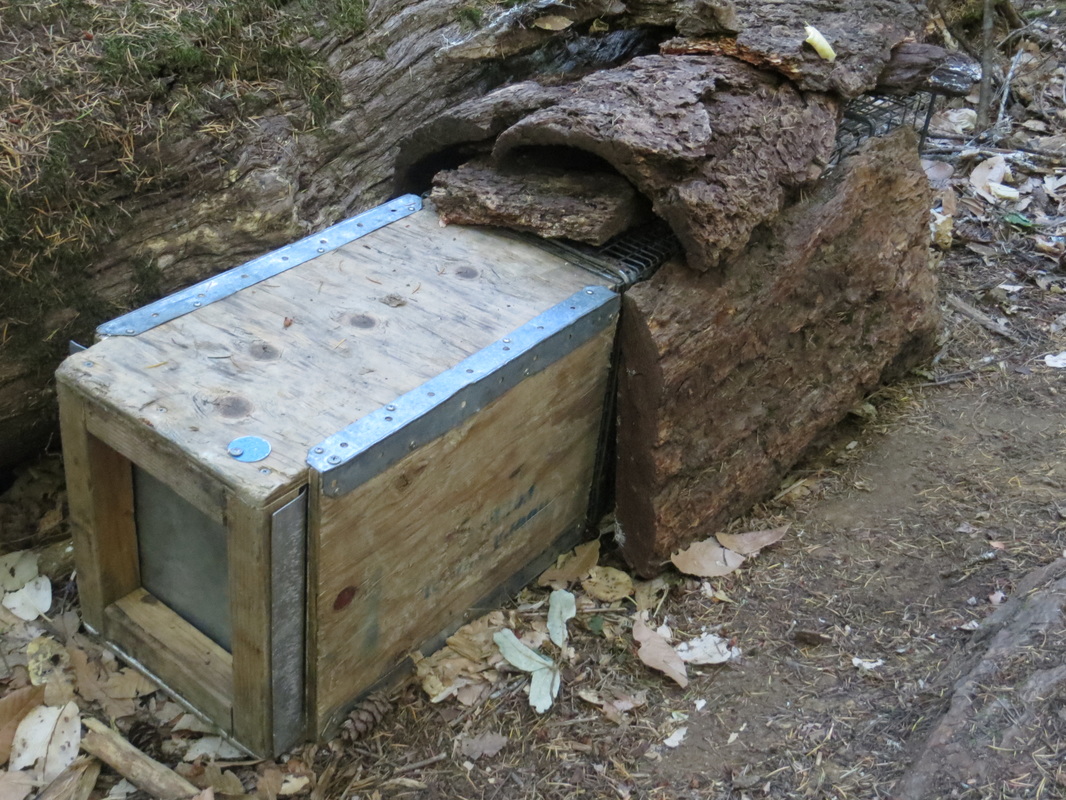Teaching in Conservation & Wildlife Ecology!
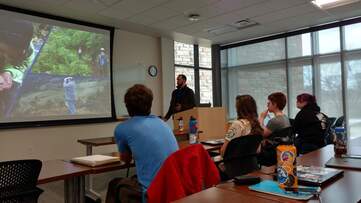 Guest Lecture to FWCB 370 class by
Bennett Hardy, Graduate Student at CSU
Guest Lecture to FWCB 370 class by
Bennett Hardy, Graduate Student at CSU
Colorado State University (Spring 2019)
Department of Fish, Wildlife, and Conservation Biology
Course:
Design of Fish and Wildlife Projects
Together in this class we learn how to conduct research in fish, wildlife, and conservation biology from the ground up. Through lectures, labs, discussions, and group projects, students learn how to 1) ask ecological questions that apply to management and conservation issues, 2) understand and apply the scientific method to their questions, 3) design an experimental study, 4) collect and analyze data, and 5) present their work orally and visually through poster presentations and in writing via research proposals.
Department of Fish, Wildlife, and Conservation Biology
Course:
Design of Fish and Wildlife Projects
Together in this class we learn how to conduct research in fish, wildlife, and conservation biology from the ground up. Through lectures, labs, discussions, and group projects, students learn how to 1) ask ecological questions that apply to management and conservation issues, 2) understand and apply the scientific method to their questions, 3) design an experimental study, 4) collect and analyze data, and 5) present their work orally and visually through poster presentations and in writing via research proposals.
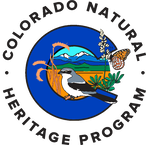
Colorado State University (summers 2017-2019)
Siegele Conservation Science Internship Program
Colorado Natural Heritage Program
Students receive professional training and gain experience in applied conservation science that is relevant to biodiversity conservation.Examples of skills gained include: plant identification, vegetation sampling, field survey techniques, monitoring protocols, data collection of biotic and abiotic factors, route finding, mapping, use of GPS and GIS, managing and analyzing biological data, and describing conservation values. All interns receive an orientation to the history, methods, and mission of the CNHP and the NatureServe Network of Heritage Programs; participate in one or more Bioblitzes in remote locations in Colorado; have an opportunity to explore potential career paths; and accomplish meaningful, Colorado-based conservation work. The internship provides excellent opportunities to work with professional biologists and conservation practitioners, and to gain extensive experience with many aspects of field sciences that support career development in environmental conservation.
Click here to visit the Siegle Conservation Science Internship Blog
Siegele Conservation Science Internship Program
Colorado Natural Heritage Program
Students receive professional training and gain experience in applied conservation science that is relevant to biodiversity conservation.Examples of skills gained include: plant identification, vegetation sampling, field survey techniques, monitoring protocols, data collection of biotic and abiotic factors, route finding, mapping, use of GPS and GIS, managing and analyzing biological data, and describing conservation values. All interns receive an orientation to the history, methods, and mission of the CNHP and the NatureServe Network of Heritage Programs; participate in one or more Bioblitzes in remote locations in Colorado; have an opportunity to explore potential career paths; and accomplish meaningful, Colorado-based conservation work. The internship provides excellent opportunities to work with professional biologists and conservation practitioners, and to gain extensive experience with many aspects of field sciences that support career development in environmental conservation.
Click here to visit the Siegle Conservation Science Internship Blog

Hannah Jacobsen, Former CSU undergraduate in the Department of Human Dimensions, conducted her senior honors thesis with me on the, "Boom-bust cycles of prairie dog colonies at Thunder Basin National Grassland, Wyoming," as part of her Siegele Conservation Science Internship.
Video on our summer internship program for undergraduates:
Humboldt State University (2014-2016)
Department of Wildlife
Courses:
Management of Mammals
Wildlife Techniques
Senior Project
Upland Habitat Ecology
Department of Wildlife
Courses:
Management of Mammals
Wildlife Techniques
Senior Project
Upland Habitat Ecology
Video of class field trip to Lanphere Dunes to learn mammal tracks and sign:
Some photos from class field trips!
Mist netting bats with Ted Weller at Humboldt Redwoods State Park, CA
Mist netting bats with Ted Weller at Humboldt Redwoods State Park, CA
Tracking Porcupines with Cara Appel at Tolowa Dunes State Park, CA
Trapping Fishers with Mark Higley at the Hoopa Valley Tribal Reservation, CA
